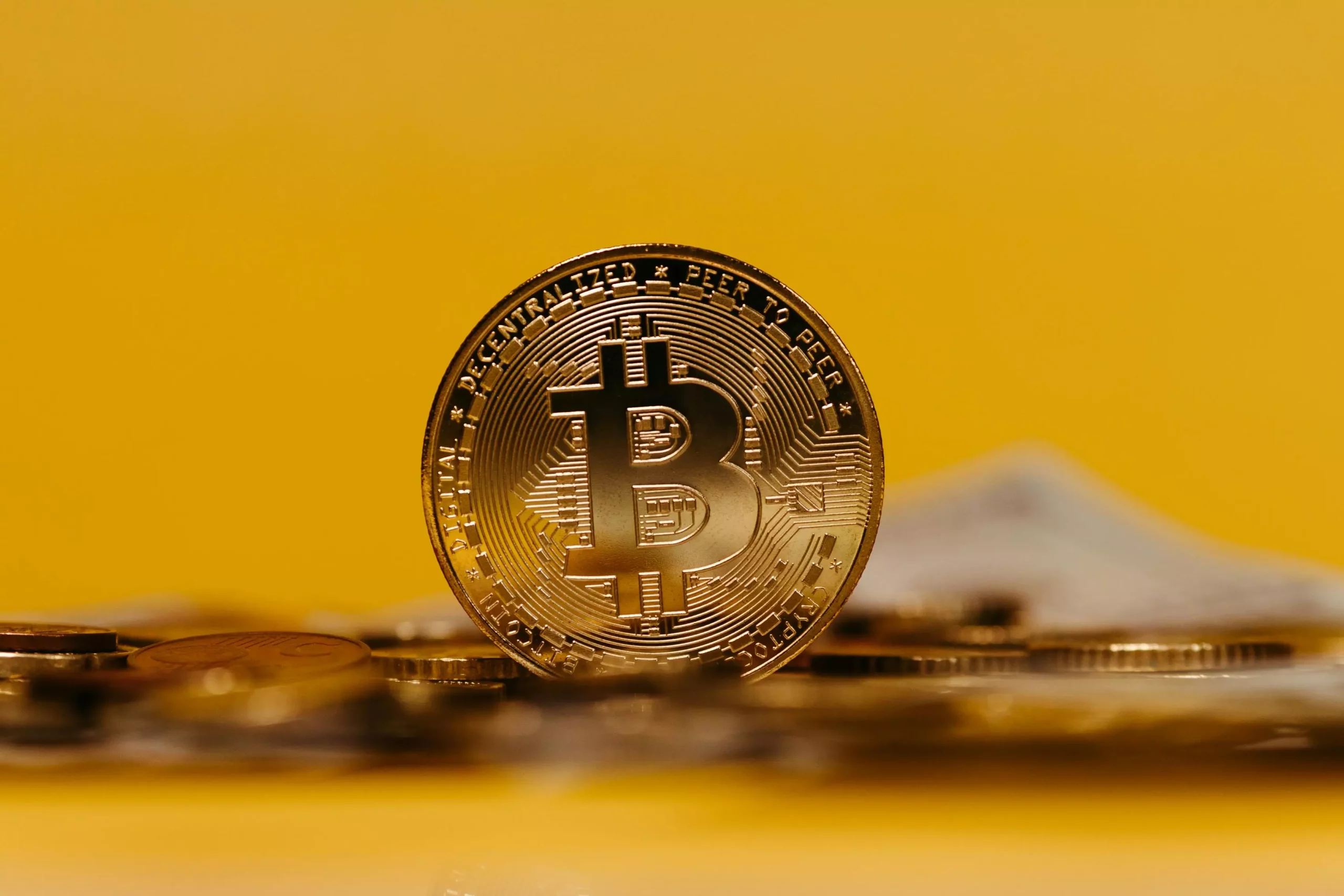The idea of establishing a U.S. Bitcoin Strategic Reserve has gained traction since President-elect Donald Trump first floated the concept. Advocates argue that such a reserve could propel the United States to the forefront of the global cryptocurrency market, solidifying its position as a leader in this burgeoning sector. The vision is grand: a strategic stockpile of Bitcoin that not only fortifies the nation’s economic security but also enhances its influence over the volatile digital asset landscape.
However, this innovative proposal has not been met with universal enthusiasm. Many voices within the cryptocurrency community express skepticism regarding its feasibility. In particular, Ki Young Ju, CEO of CryptoQuant, has voiced doubts about the likelihood of the incoming administration embracing this strategy. His concerns are underpinned by a broader perspective on the economic realities that the United States faces.
Ju’s skepticism is rooted in the current standing of the U.S. dollar as a global safe haven currency. Despite the allure of Bitcoin and other digital assets, the dollar has historically maintained its position, particularly during periods of economic uncertainty. Ju points out that any significant shift towards a cryptocurrency reserve would require a perceived threat to the dollar’s dominance—a scenario he believes is unlikely at this time.
Throughout history, moments of economic distress or shifts in power dynamics have seen gold prices soar, leading to spirited debates about the gold standard and asset diversification. Ju frames the current situation within this historical context: unless there are tangible signs of diminishing confidence in the U.S. economy or its currency, an aggressive move towards Bitcoin accumulation may not be prioritized.
Ju argues that the strength of the U.S. economy and the widespread confidence in the dollar play pivotal roles in determining the fate of any Bitcoin reserve initiative. He suggests that if the global perception of American economic supremacy remains strong, the pressure to create this reserve will diminish. Current market sentiments reflect a belief in the resilience of the U.S. economy and its capacity to maintain a dominant role in international trade.
Statistics bolster this perspective, with the United States processing nearly 38% of the world’s Bitcoin transactions in 2022. This statistic underscores the nation’s dominance in crypto mining, further complicating the narrative surrounding the necessity of a Bitcoin reserve. Proponents claim that a reserve could protect against future volatility, yet Ju insists that unless there is a significant threat to U.S. economic dominance, such measures are more speculative than practical.
The political landscape also plays a crucial role in shaping attitudes toward cryptocurrency. Ju acknowledges that Trump’s stance on Bitcoin might evolve based on how successfully he can leverage economic data to reinforce his administration’s image. If Trump can demonstrate the strength of the U.S. economy and foster an environment where the dollar remains preeminent, he may choose to refrain from aggressive Bitcoin advocacy.
Ju posits that, instead of doubling down on his pro-Bitcoin rhetoric, Trump might strategically pivot, suggesting a shift in priorities without alienating his supporter base. This could potentially lead to a dilution of the initial enthusiasm for the Bitcoin Strategic Reserve, as the focus turns back to the traditional economic frameworks that have proven resilient over time.
The proposal for a U.S. Bitcoin Strategic Reserve encapsulates a complex interplay of optimism and skepticism within the cryptocurrency community. Advocates see potential for innovation and economic security, while detractors highlight the enduring strength of the U.S. dollar and the current confidence in the American economy.
As the political dynamics continue to evolve, the possibility of a Bitcoin reserve may recede into the background unless a substantial economic threat emerges. For the time being, the debate remains unresolved, underscoring the intricate relationship between digital assets and traditional economic structures in navigating the future of finance. The success of any crypto initiative will depend not only on market conditions but also on the broader context of national and global economic health.















Leave a Reply